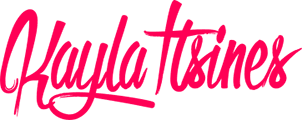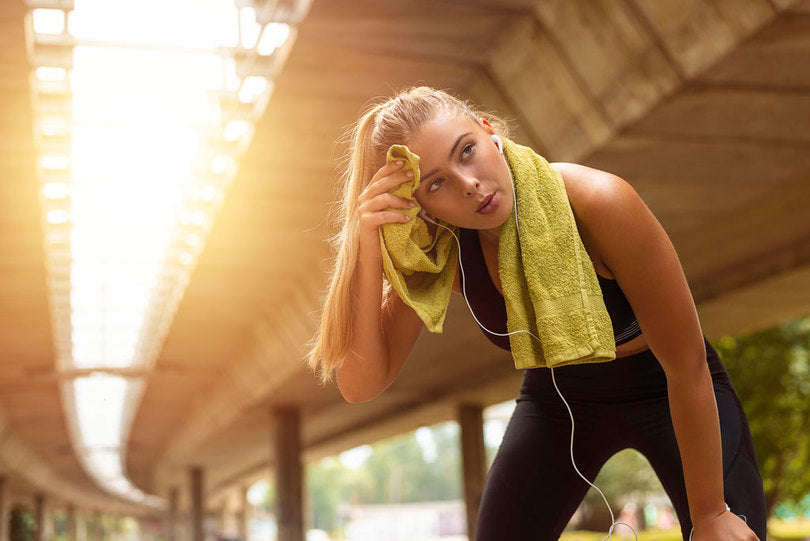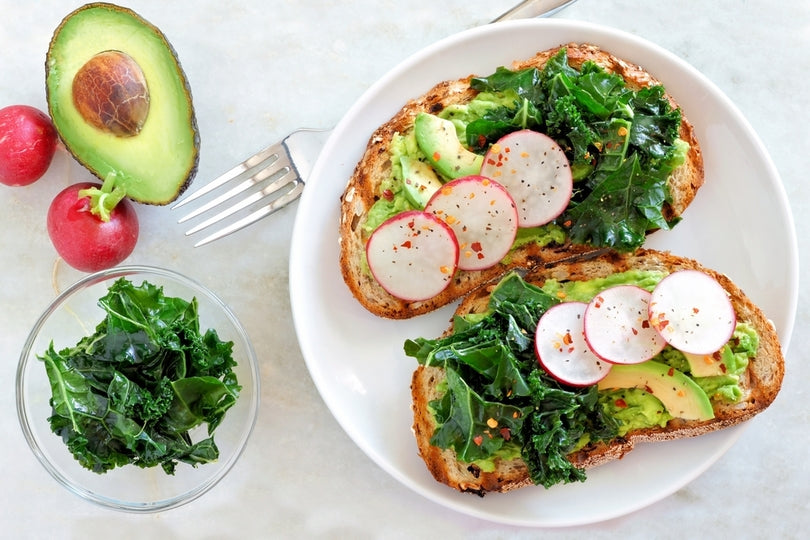Essential Vitamins and Minerals


When it comes to nutrition, I personally prefer and recommend getting your daily intake of vitamins and minerals through the nutritious food you eat every day, rather than taking supplements. Multivitamins can be used to prevent deficiencies if recommended by your doctor, but shouldn't be used as a complete replacement.
Essential vitamins and minerals your body loves
It's really important to understand what essential vitamins and minerals do for your body and which natural foods are FULL of them. I'm here to help with some basics to get you started!
Magnesium
Magnesium is needed to keep muscle and nerve functioning at its best! It also helps to regulate blood sugar levels and it supports energy metabolism. Foods high in magnesium include leafy vegetables, such as spinach as well as wholegrains.
Vitamin A
Vitamin A is classed as an antioxidant which can help to boost your immune system, improve vision and reduce the risk of heart disease. Sweet potato, kale and pumpkin are a great source of vitamin A. Alternatively, you can get vitamin A from beta-carotene which is found in foods such as carrot or rockmelon.
Vitamin C
This antioxidant is a huge boost for your immune system and can help to fight off a nasty cold or flu! It even helps wounds heal faster and prevent wrinkles. You can find HEAPS of vitamin C in citrus fruits like oranges, and vibrant veggies such as broccoli and capsicum.
Vitamin D
Vitamin D aids calcium absorption, which is vital for healthy bones! It also plays a vital role in prime muscle function. It is often referred to as the "happy vitamin" as it can improve mood and reduce feelings of sadness - pretty awesome, right? Whilst there are a few natural foods which have a small amounts of this vitamin, the sun is the best way to receive vitamin D. No, girls! This doesn't mean it's okay to lay outside all day in the sun without sunscreen! 15 minutes per day is recommended but make sure not to go out in peak sunlight hours without protecting your skin!
Iron
If your daily intake of this mineral is too low, it could potentially lead to anaemia (lack of red blood cells), leaving you feeling fatigued with very little energy! Iron is particularly important for women with heavy periods, making many things high in iron fantastic foods to eat on your period. Iron can be found in red meats and spinach however, if you think you are lacking in iron, it's really important to talk to your doctor about taking a supplement to give yourself a boost!
* Disclaimer: This blog post is not intended to replace the advice of a medical professional. The above information should not be used to diagnose, treat, or prevent any disease or medical condition. Please consult your doctor before making any changes to your diet, sleep methods, daily activity, or fitness routine. Sweat assumes no responsibility for any personal injury or damage sustained by any recommendations, opinions, or advice given in this article.




<#= c.user.username #><#= moment(c.created_at * 1000).fromNow() #>
<#= c.html_body #> <# if (c.images) { #>
<# } #>